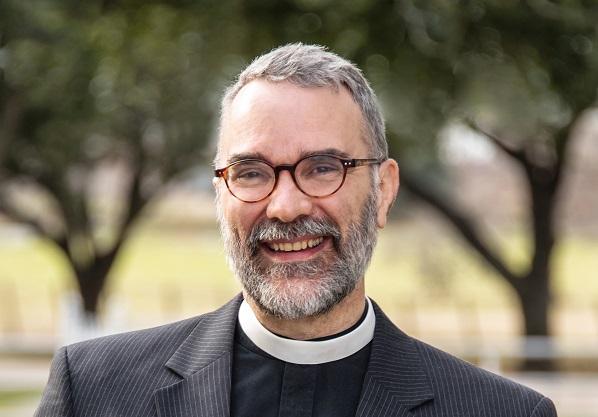1. Let your superiors advise you.
Whether your superior is a bishop, a moderator, a superintendent or other denominational head, there can be a certain wariness between students and the people who will be deciding (or speaking into) their futures. But denominational leaders are generally happy to have students who are preparing for pastoral ministry share their questions, struggles, and concerns. Allow these relationships to become relationships of conversation and discernment.
2. Remember your boldness.
Congregations teach their leaders many things. As you mature, experience all of the highs and lows of ministry, and see the human failings and weaknesses that come with pastoring people, discouragement can set in. It is important to remember your first love. Remember how and when you were called. Maintain your own discipline of study, prayer, devotion, and theology of the power of the Word of God.
3. We are all Congregationalists now.
The local church will be most real for you and for the people who compose your congregation. This is understandable—for it is in the local church that people hear the Word of God, go out on mission, worship, and pray together. But the local church is only half the story; remember the global Church and the fact that believers today are part of a movement that stretches back more than two millennia.
4. Find your authority in the Word.
In a culture that pushes back against authority, and which is changing so rapidly that it is increasingly pushing the Church to the margins, you will find that being on the margins can have a clarifying effect. You are thrown back on the authority of the Truth of what you are proclaiming, and the objective reality that what holds the Church together is, ultimately, the Word of God. This is a good thing.
5. Own your evangelicalism.
Don’t leave your evangelicalism behind. Some people come to seminary and flee the evangelical tradition in which they were raised. Don’t flee it. Own it. Embrace it. Bring it with you when you leave seminary. The church needs evangelism.
6. We are people of the Word.
Those of us who are Anglicans come from a tradition whose heart is Prayer Book worship. This is, at its simplest, just a way of ordering the hearing of the Word of God.
7. Spouses share the ministry.
What is expected of spouses today has changed from what was once expected. And that’s a good thing. People understand that it is the norm for clergy partners to have their own jobs and lives. But there is still a sense in which a couple ministers in a congregation together and offers a joint witness. The importance and value of your partner—if you have one—cannot be quantified. If you are married and headed for ordination recognize that you will witness together.
8. Grumpy old men (and women!) can be right.
People entering ministry today may have different expectations in terms of where they want to live, what they expect to be paid, etcetera. If your denominational leader wants to see you starting out your ministry in a remote location that doesn’t line up with your expectations, don’t just dismiss the idea. Much can be learned caring for small, aging, struggling, distant congregations.
9. Learn from the mendicants.
Mendicants are people who have devoted their lives to full-time ministry, who beg for their daily bread. The willingness to talk about money and to know how to ask for it is very important. You will not be asking for yourself, but rather inviting people to partner in something good and needed that you believe in—that is, God’s work.
10. Exilic Life.
The world is changing rapidly. There is a sense in which the Church is heading for exile. Be ready. When you don’t know and can’t predict what the future holds, know—and help your people to know—the basics of their faith. Read incisive interpreters of our culture like Jacques Ellul, Charles Taylor, Alasdair MacIntyre. Teach the faith. An awareness of the basic, foundational realities of the Christian faith is diminishing. So pass it on.
About the Author
George Sumner is Bishop of Dallas and former Principal of Wycliffe College.





